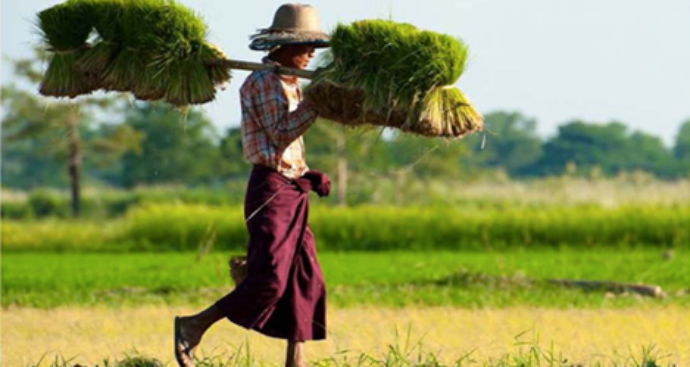06
2018
In 2017 MIID, selected by the World Food Programme, conducted a country-wide strategic review of Food and Nutrition Security in Myanmar. Endorsed by the Government (Ministry of Planning and Finance) the analytical and consultative study provides a comprehensive understanding of the Food and Nutrition Security in the country. The study reveals that malnutrition and food insecurity still exist as huge problems in Myanmar even though the country produces more than enough food to feed the entire population. Smallholder farmers and landless laborers, who constitute the majority of the rural population, are not ensured access to food because of their low farm-based income and because of the highly volatile prices for staple foods. Therefore, they do not always earn enough money to purchase food. The food utilization is another problem. Data indicates that a large part of the poor population does not consume enough protein-rich foods such as fish and meat. Instead, their diets consist heavily of rice. The consequences of the non-balanced diet can lead to underdevelopment – both physical and cognitive. One in three children under the age of 5 is chronically malnourished with the prevalence of stunting at 35 percent. Over 80 percent of children under the age of 5 suffer from anaemia.
The review provides a compilation of existing evidence with specific recommendations on how to manage the future. It is a part of the global effort towards Zero Hunger, the second of The Sustainable Development Goals. The review was published in June 2018.
Read the Strategic Review of Food and Nutrition Security in Myanmar here. (The file is large, therefore it may take a few minutes to load).

